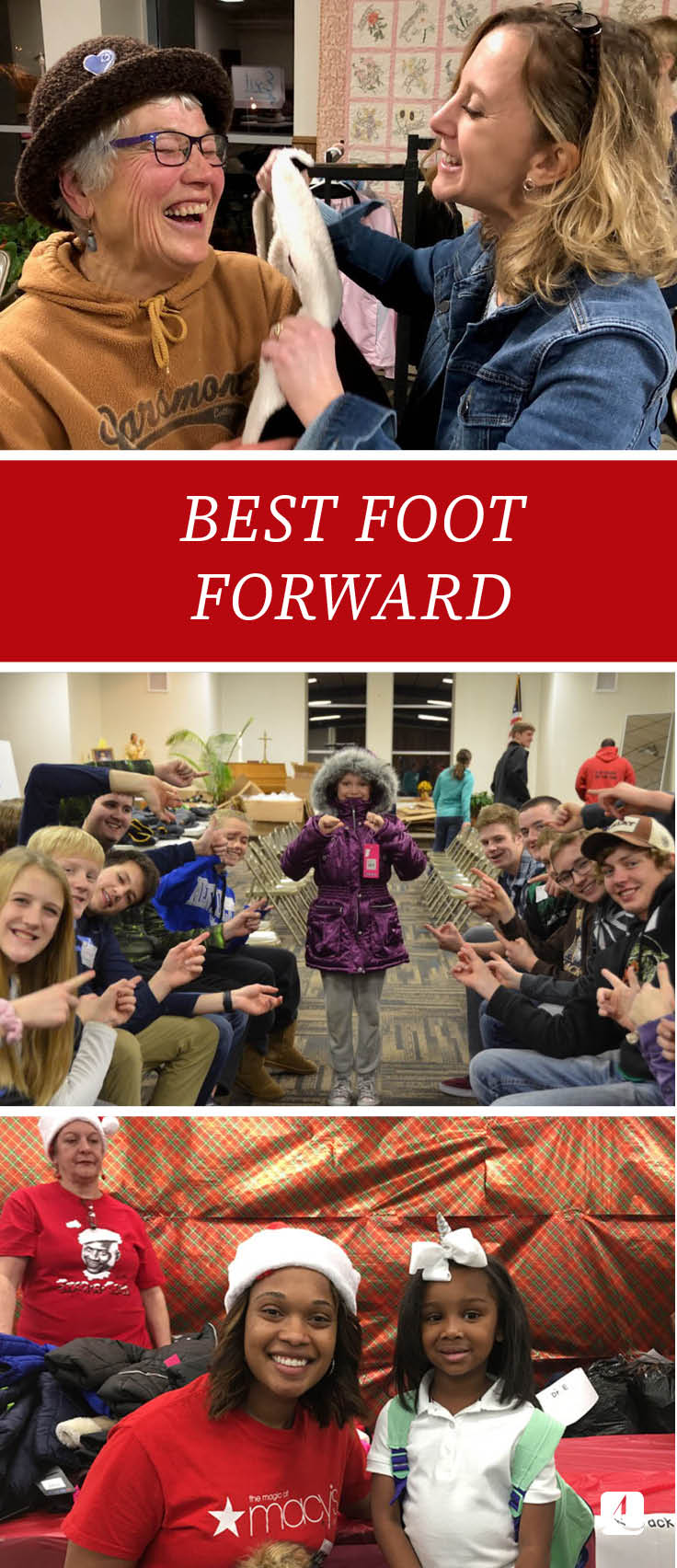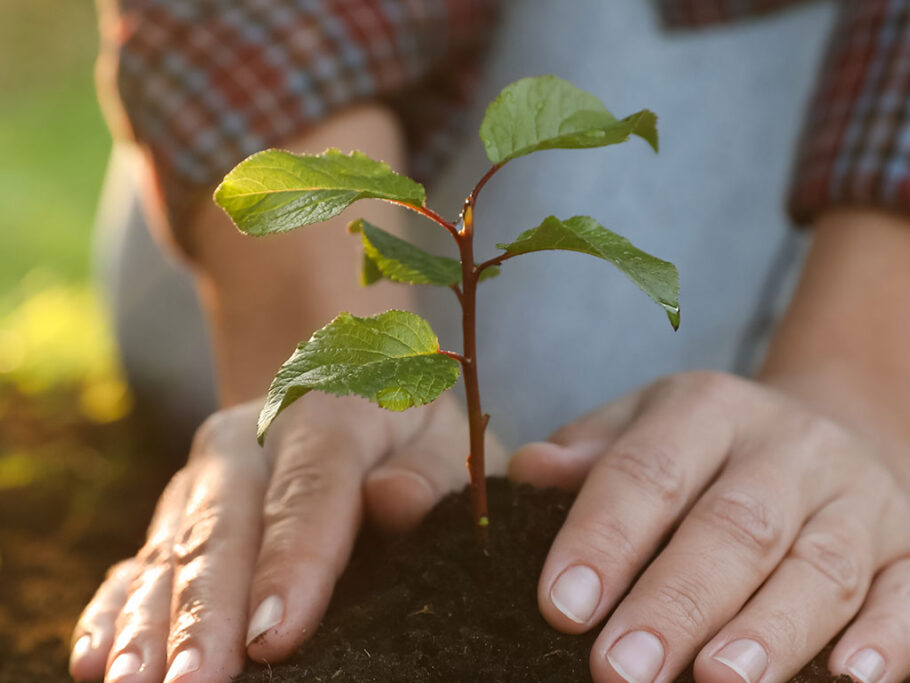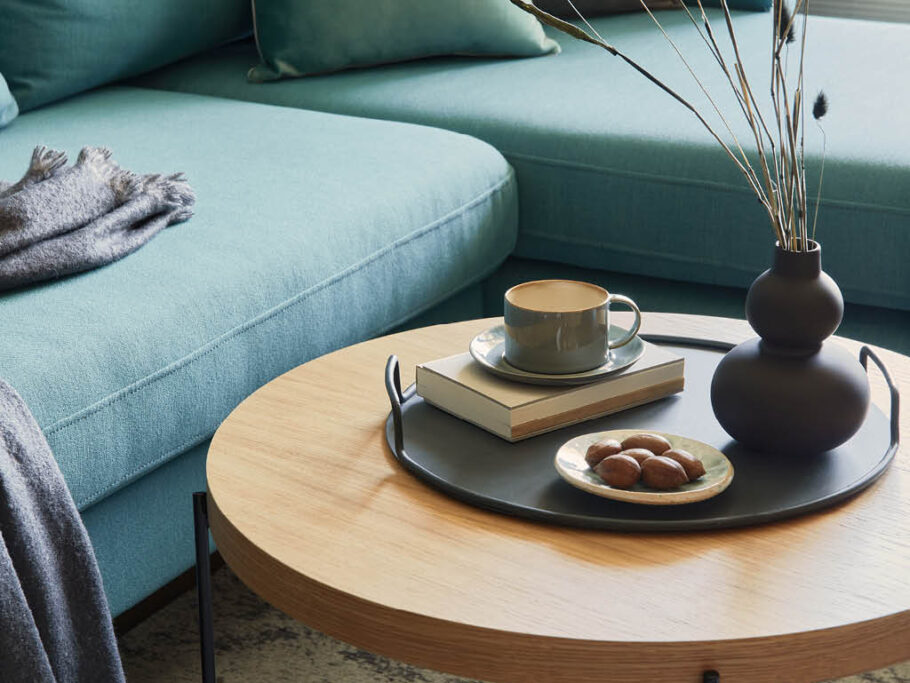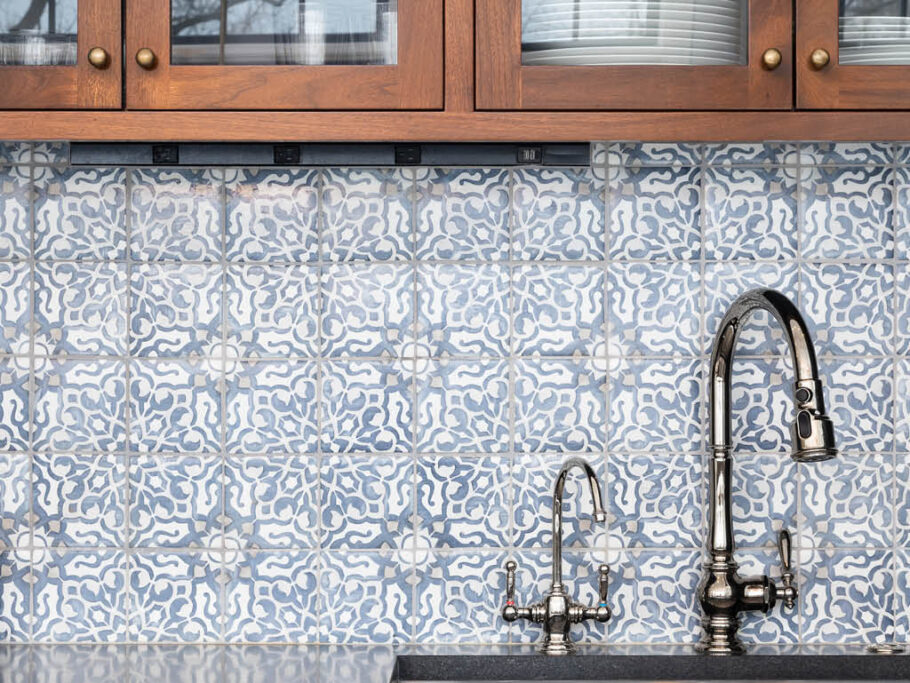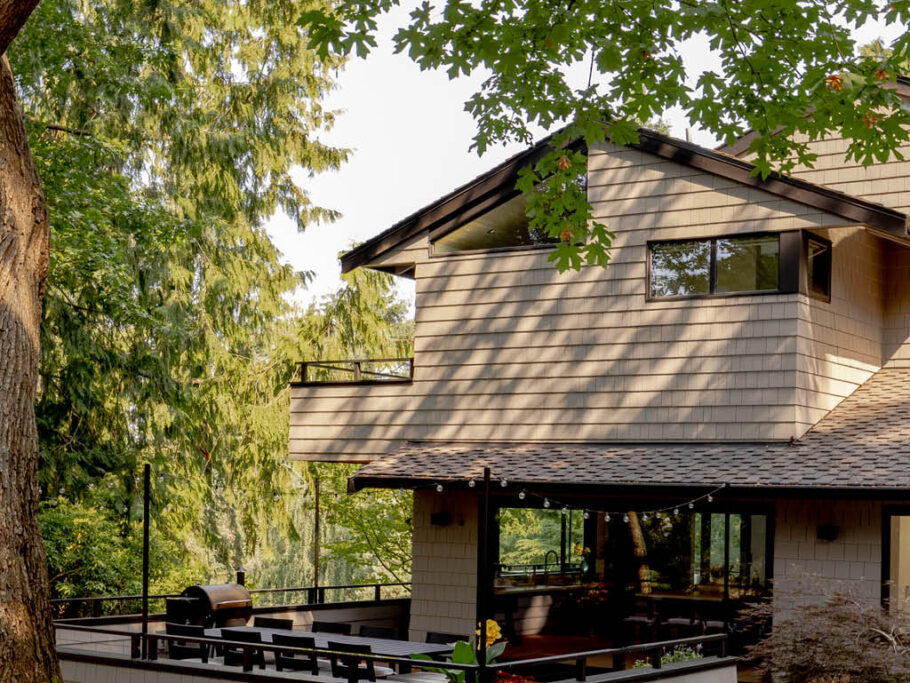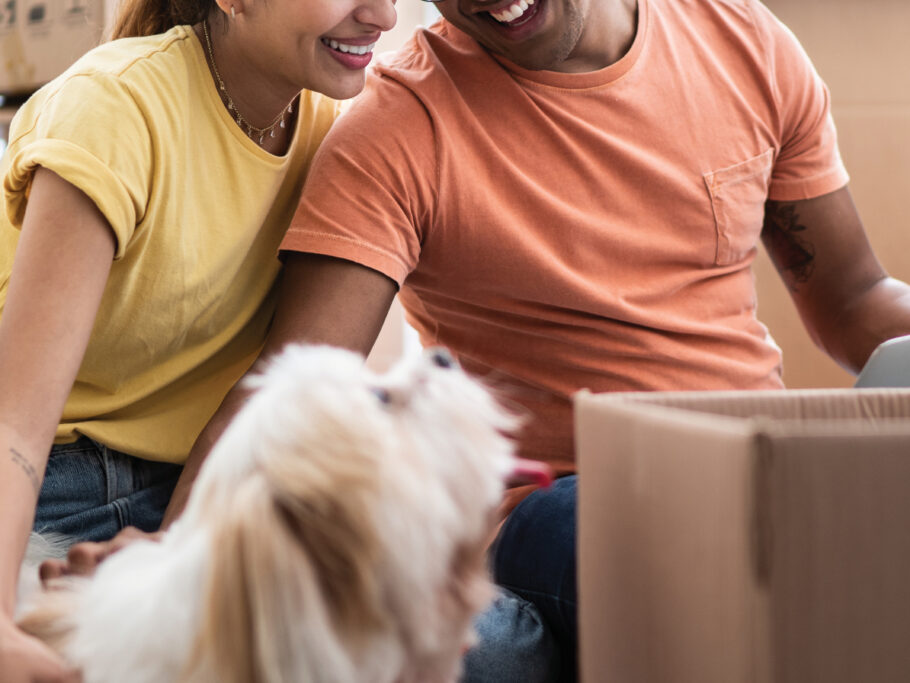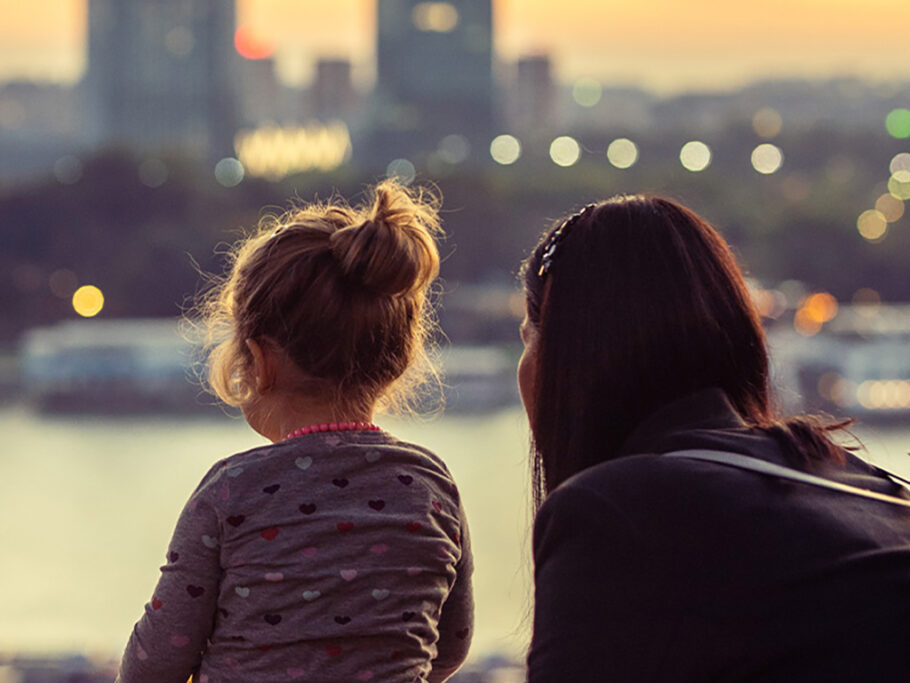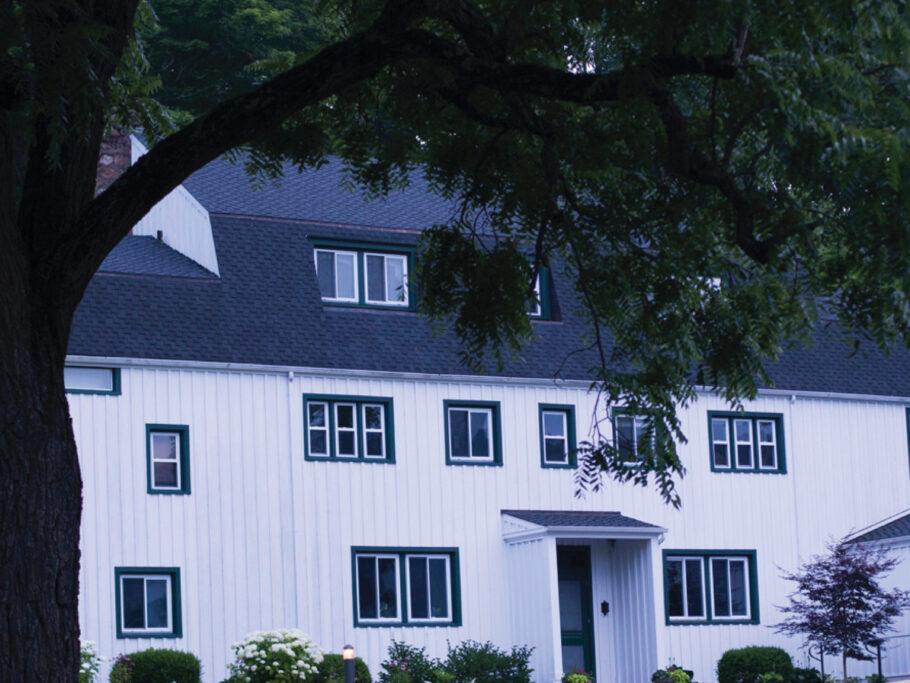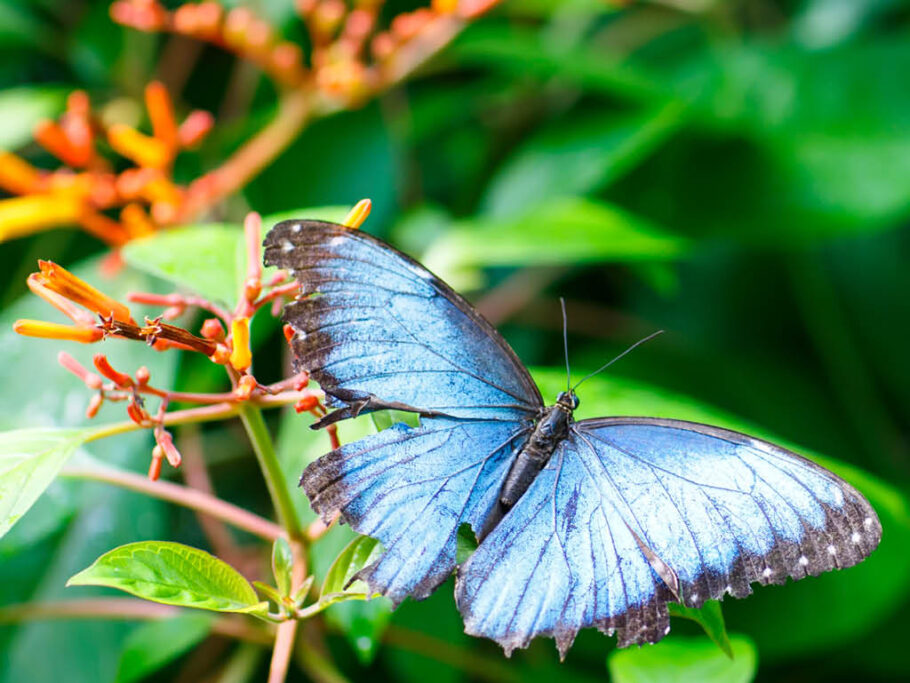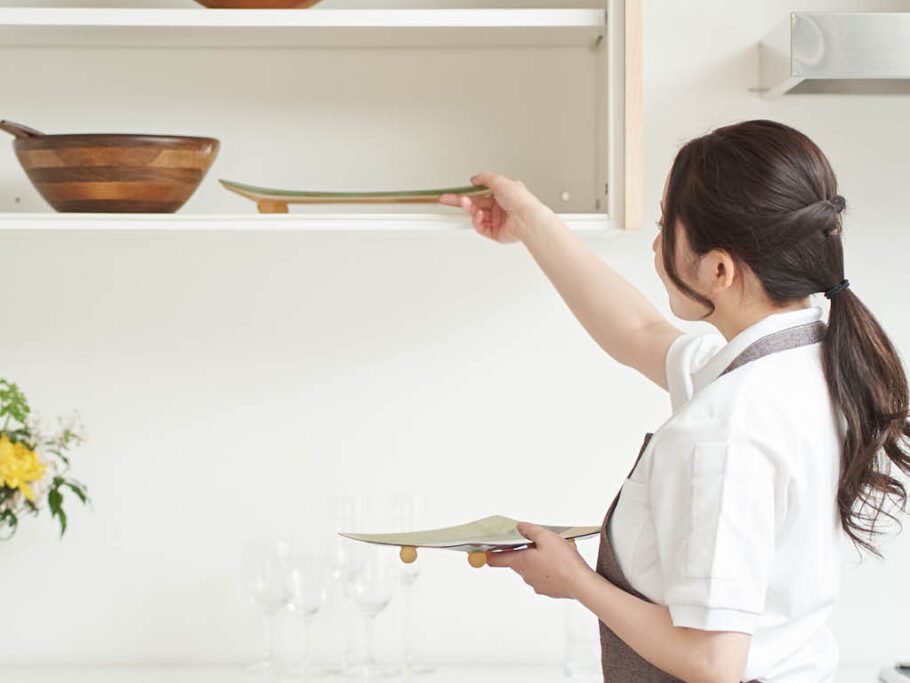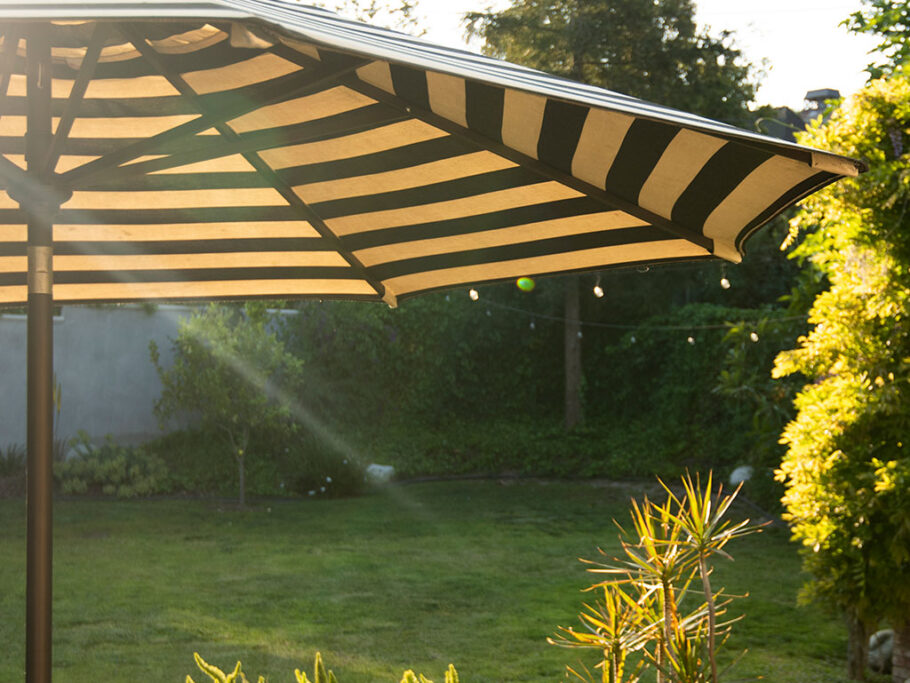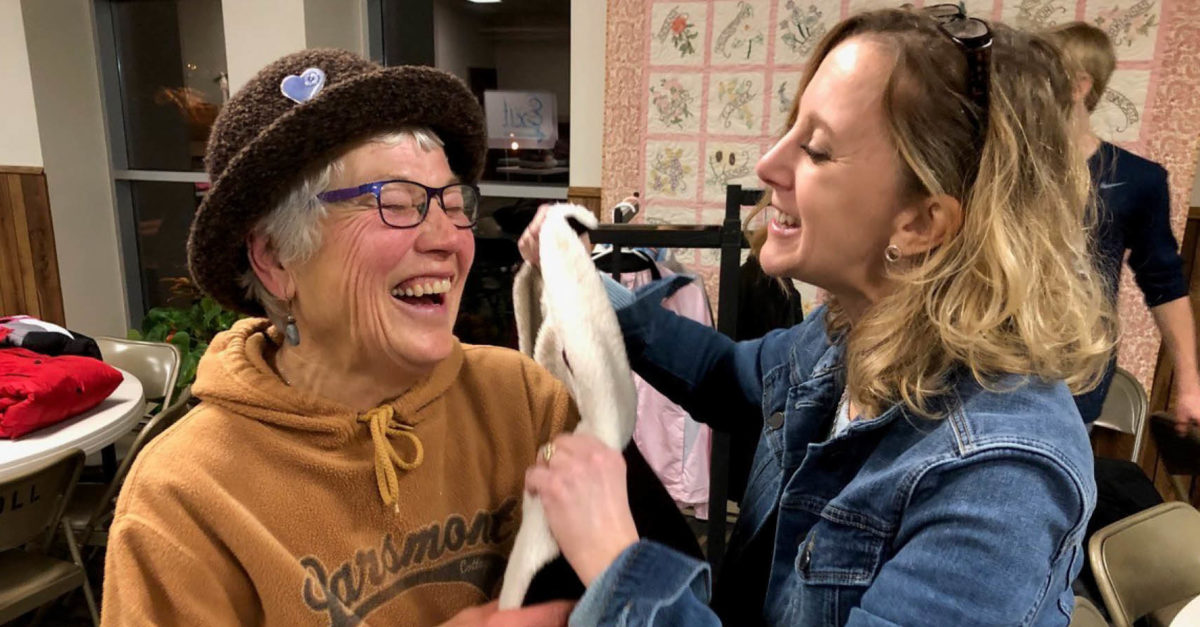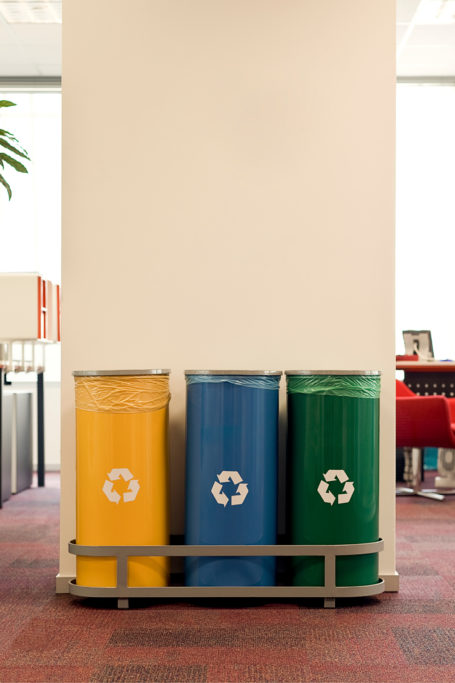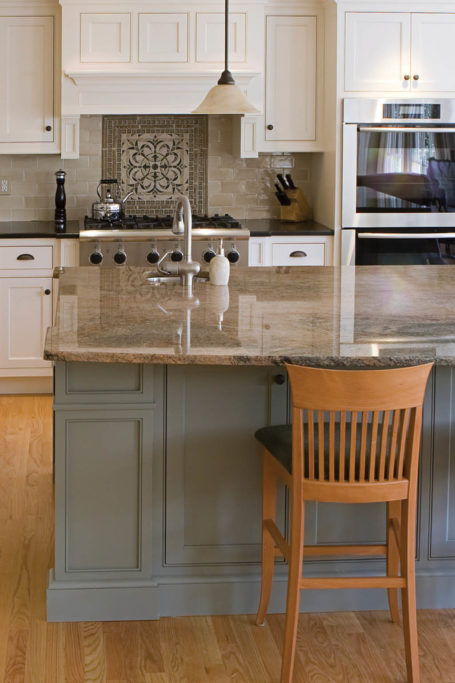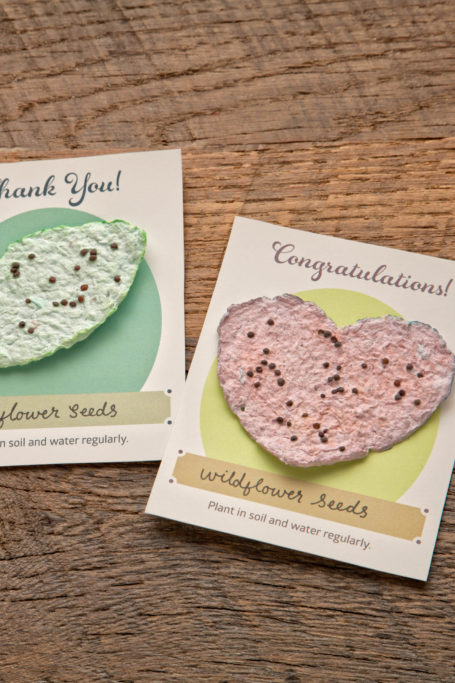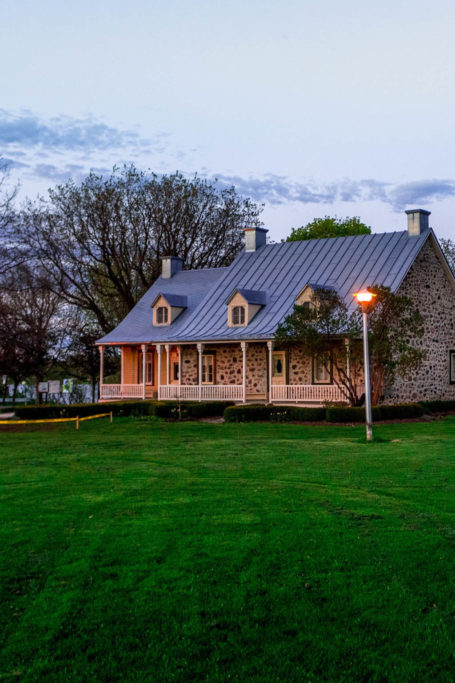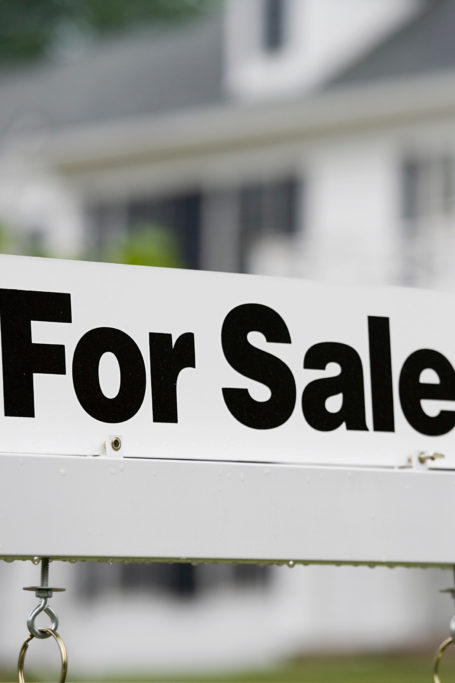Best Foot Forward
WHEN IT COMES TO BASIC NEEDS, FOOTWEAR ISN’T ALWAYS TOP OF MIND. BUT MILLIONS OF PEOPLE LACK IT. BUDDY TEASTER, THE CEO AND PRESIDENT OF SOLES4SOULS, DISCUSSES HOW HIS ORGANIZATION TACKLES THIS PROBLEM WHILE ALSO CREATING OPPORTUNITIES.
How did Soles4Souls begin?
The founder was inspired to start Soles4Souls because of the tsunami disaster in Southeast Asia in 2004. For the first few years, we provided new shoes for people in need. But it didn’t take long for people to offer used shoes as well.
What changes have you made since coming aboard in 2012?
Things were rough by 2011. We were in bad financial shape, our board was falling apart, the founder/CEO was gone, and we were getting bad press. By any measure, we were going in the wrong direction, and we had to rebuild our reputation. The biggest change we made was getting crystal clear about our values: we told people what we’d do and then do it.
This included our micro-enterprise business model, where we sell used shoes to impoverished people, mostly women, in over fifty countries so they can resell them. We came right out and said, “This is what we do.” We then found local nonprofit partners who were aligned with our mission and wanted to help people on the ground earn a living. We took all the middlemen out, and the product went right from people’s closets to the entrepreneurs.
Did that model have an immediate impact?
We saw how, in some cases, women quickly went from just barely making it and experiencing lots of instability to buying land, building a house, and feeding their families. They can improve the dynamics in their families and their communities, which is life-changing. And, to this day, it is their work; it isn’t charity. They are customers, so they come to the table as equals and negotiate.
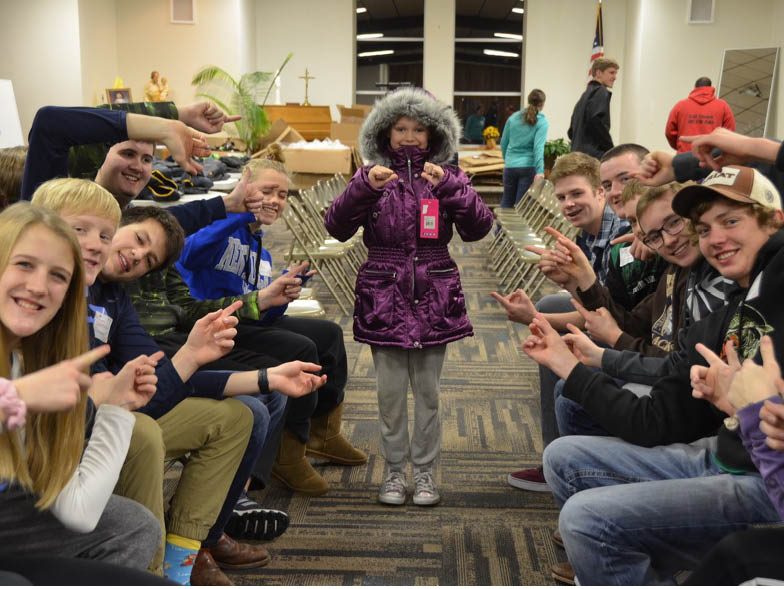
You have a different model in America. Would you talk about that?
Over 1.5 million kids experience homelessness in our public-school systems. Food and shelter are the most important priorities, but shoes are vital as well. Kids whose shoes don’t fit or who don’t have the “right” brand can get bullied and feel inadequate, and many don’t go to school because of it.
Anything we give away domestically is new. However, we often can’t donate our brand partners’ products in the United States because they don’t want items returned to stores, which would create problems with their retail partners and brand.
So, in 2020, we did a pilot with Foot Locker for a now-permanent program called 4EveryKid, through which we donated 17,000 pairs of new, branded athletic shoes in the US. Our goal was to maintain the kids’ dignity while they enjoyed new shoes. In our follow-up research, many kids tell us it’s their first pair of new shoes ever and they feel like they belong. That makes a huge impact on their education because they want to keep attending class and participating in other activities.
Foot-related health is another big issue, correct?
One hundred percent. In many places outside the US, shoes help with health concerns like parasites. Here shoes help with longer-term problems. We do a fair bit of work with homeless shelters, and we found that a lack of proper footwear is a hindrance to work.
Simply put, if people don’t have the right shoes, they can’t work. Other times, they’re afraid to take them off because they’ll get stolen, but wearing shoes and socks day and night does terrible things to feet. Many of us don’t consider such things because we look at our closet and ask, “Which pair of shoes am I going to wear today?”
Do you offer socks and other clothing?
We work with brands across both footwear and apparel. Bombas makes great socks, and their focus has always been on how to get socks to the homeless population across the country. We’re one of their biggest nonprofit partners. For every American kid, a pair of shoes comes with two pairs of socks. We also have a wonderful partnership with Macy’s in the fall called Share the Warmth, through which the company donates one winter coat for every one bought.
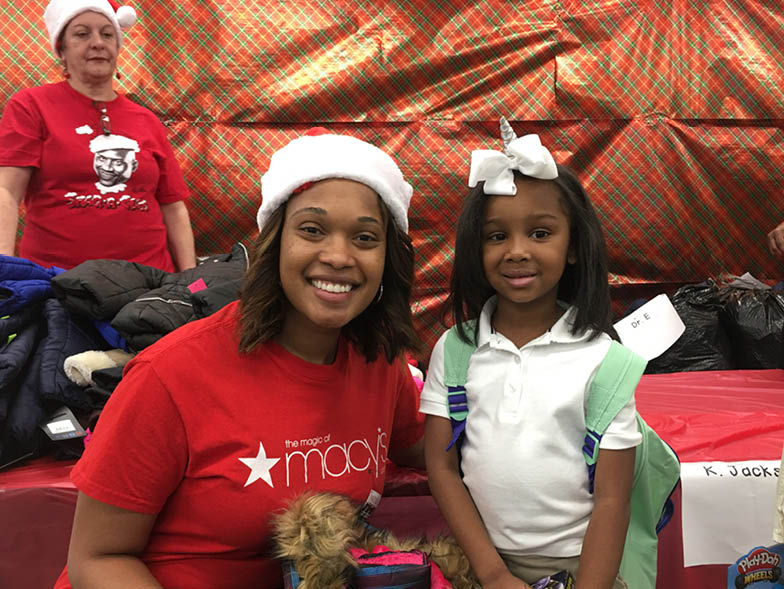
Could you survive without your partners?
Not a chance. For example, Zappos will pay the shipping for donated shoes. That’s huge. DSW customers can drop off shoes in-store and get points toward their loyalty program; they’ve collected over five million pairs of shoes from their customers in the last four years, which is unbelievable.
We also have partnerships with non-footwear and apparel companies that want to engage their employees in sustainability or do something for their community. One of the things I love is that anybody can do this. You don’t need money or complicated logistics. We’ve had seven-year-olds collect 25,000 pairs of shoes in their community. This is my favorite kind of story because I believe that business can be a force for good.
Would you talk more about your sustainability impact?
It breaks my heart to think about what consumer waste means for our land, water, and air. Fortunately, more consumers value eco-consciousness today, so it’s worth it for companies to do so as well. We’ve helped keep over seventy-three million pairs of shoes and pieces of apparel—over seventy-one million pounds—from going to landfills by distributing them to people in 129 countries and all fifty states.
One real challenge is that footwear is super hard to recycle because it’s made from various materials. One to two percent of the shoes we get are unusable, and we were storing them in a warehouse in Alabama until we discovered a company that turns waste into energy by burning it at high temperatures. What comes out is 99.5 percent clean. The next step for us will be figuring out how to extend the life of shoes, maybe by six to eighteen months, in other countries.
It seems like sharing stories is vital to Soles4Souls. Would you agree?
To me, that’s one of the most beautiful things about Soles4Souls. There are countless stories of people who didn’t know how they were going to make it but now have a path and feel the dignity of being able to earn their own way. No statistic can convey what it means for a kid to run around the gym with a feeling of I’m as good as the other kids. So combining the stories and the data is really impactful and honest.
What are the organization’s goals for the future?
Our goal is still to make $1 billion in economic impact by 2030, and we’re almost halfway there. I feel great about that and how we’ve already helped so many vulnerable kids and empowered so many people. It makes me happy every day; I have never loved work as much as I do right now.
However, something that we’ll get better at is making sure we’re doing what the communities want by engaging with them even more. If we can do that, while continuing to change lives by meeting needs and providing opportunities, I’ll consider that a victory.
For more info, visit soles4souls.org
